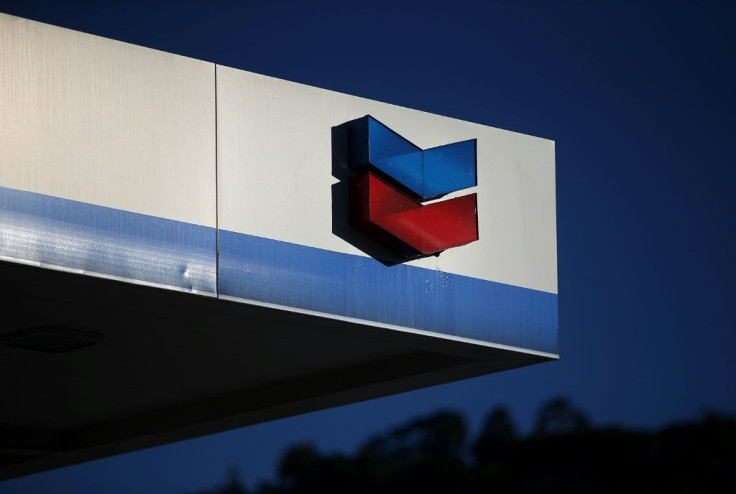US - Iran Relations: After Attack, Big Oil Companies Chevron, Exxon Mobil Evacuate Personnel From Iraq

KEY POINTS
- The targeted drone strike against Gen. Qassem Soleimani has escalated tensions between Iran and the U.S.
- Chevron, Exxon Mobile said they evacuated personnel as a precaution against possible retaliation as Tehran and Washington exchanged threats
- Phillipines President Rodrigo Duterte ordered military assets to the area to begin evacuating Filipino nationals
Chevron (CVX) said Monday it had evacuated all of its U.S. oil workers from the Kurdistan region of Iraq following last week’s U.S. airstrike that killed a top Iranian general.
The No. 2 U.S. oil company said in a statement it was taking precautionary action in the wake of the targeted killing of Gen. Qassem Soleimani, who headed the Quds Force of the Islamic Republican Guards Corps and was responsible for spreading Iran’s influence in the region.
Iran has promised it would avenge the action and traded threats with the U.S. Monday as other countries urged deescalation.
“The safety of our people and facilities is Chevron’s top priority,” the company said.
The move by Chevron follows similar action from Exxon Mobil (XOM), which withdrew its foreign staff from the West Qurna 1 oilfield in southern Iraq Saturday over the objections of Iraqi Oil Minister Thamer Ghadhban.
“The withdrawal of multiple employees -- despite their small number -- temporarily has nothing to do with the security situation or threats in the oilfields in of southern Iraq, but it’s for political reasons,” Ghadhban said in a statement Sunday.
Concern also was mounting in the Philippines where a labor union urged the government to evacuate all Filipino workers from Iraq, Iran, Syria, Yemen and Lebanon to keep them out of harm’s way should tensions between Tehran and Washington escalate further.
“In all, we are talking of about up to 3 million Filipinos in the Middle East,” said Sonny Matula, president of the Federation of Free Workers. He said the evacuation should begin immediately because “there is not enough airplanes or ships to evacuate 3 million [Filipino workers] if war suddenly breaks out.”
Philippines President Rodrigo Duterte has ordered 6,000 Filipinos in Iran and 1,600 in Iraq to prepare for immediate evacuation. Naval assets were ordered to the region as the government closely monitored the situation.
“We, Filipinos, are really in grave peril,” Duterte said in a speech. “I am nervous. Iran seems to be bent on a retaliation which I think will come. It’s a matter of time.”
Phillipine politicians condemned Soleimani’s killing, calling it “inane and reckless” and “ill-considered.”
Indian Foreign Ministry spokesman Raveesh Kumar said New Delhi had no immediate plans to evacuate its nationals, some 7 million of whom are scattered around the Gulf. Indians outnumber Emiratis in the United Arab Emirates 3-to-1.
South Korea has 280 nationals in Iraq and 1,600 in Iran, and has been working with the United States on security in the Strait of Hormuz. The Foreign Ministry said, however, there are no immediate plans for evacuations.
Thai officials held an emergency meeting in Bangkok Monday to assess its oil reserves and concluded the country has enough to last 50 days.
In Japan, Prime Minister Shinzo Abe told reporters he is deeply concerned about the situation but has no plans to rethink the decision to send military assets to the region to watch over Japanese shipping.
© Copyright IBTimes 2024. All rights reserved.






















